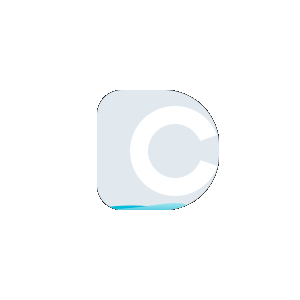It’s boring, time taking and the big thing is the MANUAL! Ah
Who wouldn’t want to skip doing something that technology can do for you with more accuracy and quickly? Right!!!
We know We would! As it can help in many ways, one of which is finding a copy of original content over the internet and informing about it while you are sipping your coffee in dim light, “Sounds Cool”. Or you can go ahead and crosscheck
to look for the plagiarized work manually which not only is going to take a lot of time. You need an excellent memory because while reading so many documents you might keep on forgetting the duplication and sources.
Isn’t it enough reason why a plagiarism scanner is used?
Because it is accurate and able to find the copied content real fast to improve academic honesty and whatsoever that does not allow plagiarism. This usually happens in almost every student, professional writer, professor, or content creator’s
life that uses the internet to study, teach or deliver their work.
So, they have to be very careful in uploading a part of their work online; the best way is the use of image formation. If someone copies from the image we have developed a tool to find similar image.
It will recognize objects on the image and let you know where this object or image is located. In which no one can copy any sort of work, but they will have to write down which people mostly don’t like to do.
Plagiarism in the digital world.
The most common problem in plagiarized content has to face is expulsion from the Search Engine Result Page (SERP), and websites that are aiming for a better rank can’t afford that.
Therefore this plagiarism checker will inform you after detection of all the areas of the internet where it finds similarity or duplication in the content.
In the world of the internet, it is not considered a crime, but it just shows deceitfulness in that person’s character. The question is why does it matter? Well, in academics, it can put people into serious trouble, if
caught plagiarizing, they will not only face punishments but lose the time a beginner can utilize to learn.
In this cyberspace, there can be many mistakes that can trigger duplication in content. One of the most significant ones is failing to put a quotation mark, even if you had no intention of taking someone’s words but forgetting
unintentionally to give credits or quoting the name, there is a possibility that it can put the content or you to serious complications.
Why Introducing Plagiarism checker by DupliChecker.com?
Whether it is an academic assignment or an article for a website, as a writer you must be familiar with the importance of written work. There are times in life when people copy your work and pretend to be the rightful owner of that content,
how bad can it be? It is another discussion.
| 🕵️ Plagiarism Detection |
🤩 Impressive , Deeply |
| 👌 Accuracy |
🤞 Promising 💯 |
| 🗺️ Languages |
🌎 Globally |
| 💰 Price |
🤗 Totally Free |
| 👨💻 Technology |
✨ Advance AI Based
|
There is a specific term used for such a type of ill practice known as plagiarism. It is not about only the copy of the written content or academic paper, but people even copy photos, music, and videos and show others as their work without
giving even a little piece of credit to the person who is the real holder of all that work. Thoughts and ideas of someone are their property and thus belong to them and can be protected by copyright laws.
We know how it feels when somebody takes away a part of your work. Of course, whatever you write is your thoughts; therefore, we developed a plagiarism detection tool.
Plagiarism detector looks for any copied content over the internet if found then online plagiarism checker free will inform you about where it is located and how much of your content is present word by word on that website.
 Plagiarism Plans
Plagiarism Plans  Paraphrasing Plans
Paraphrasing Plans  Reverse Image Search
Reverse Image Search 














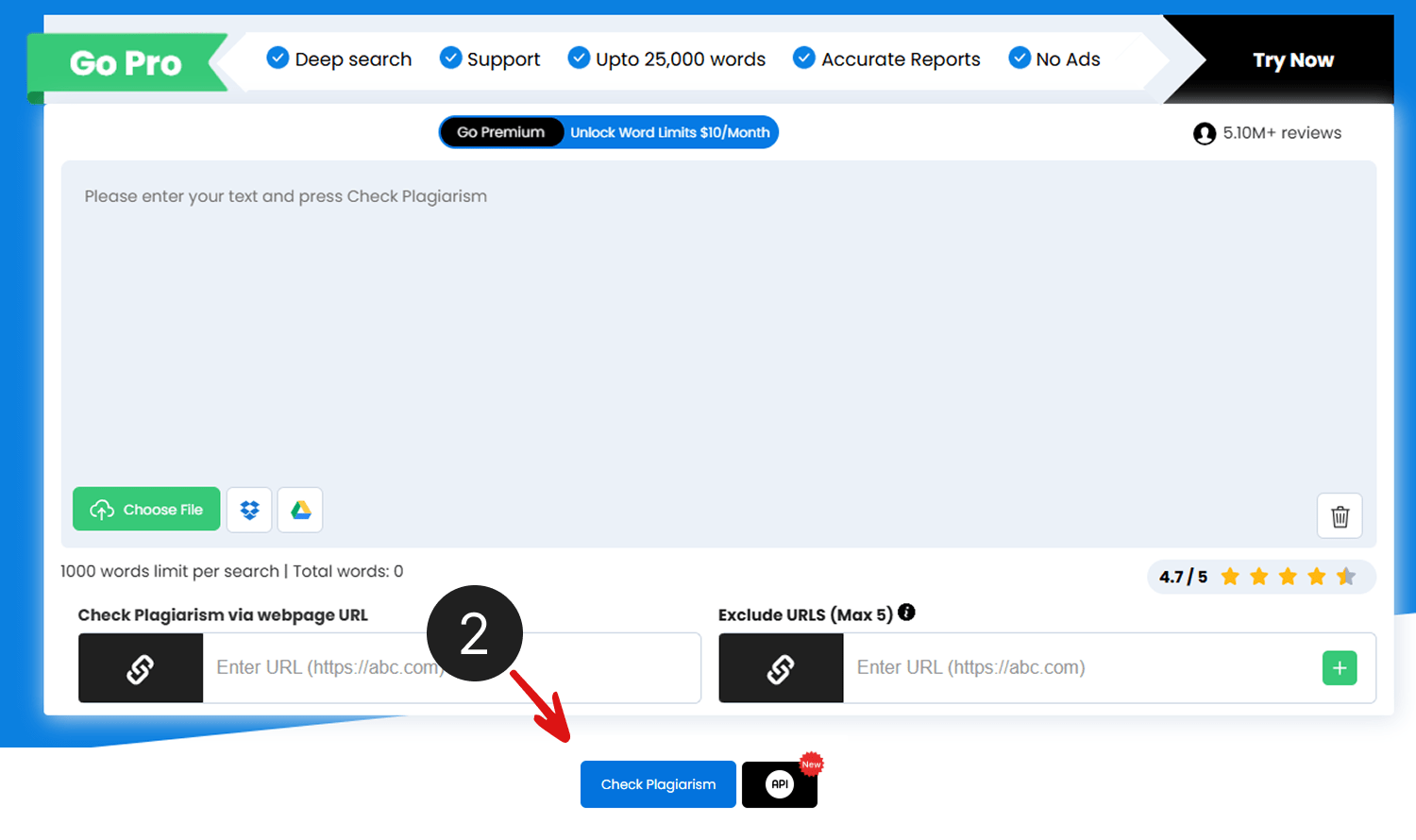
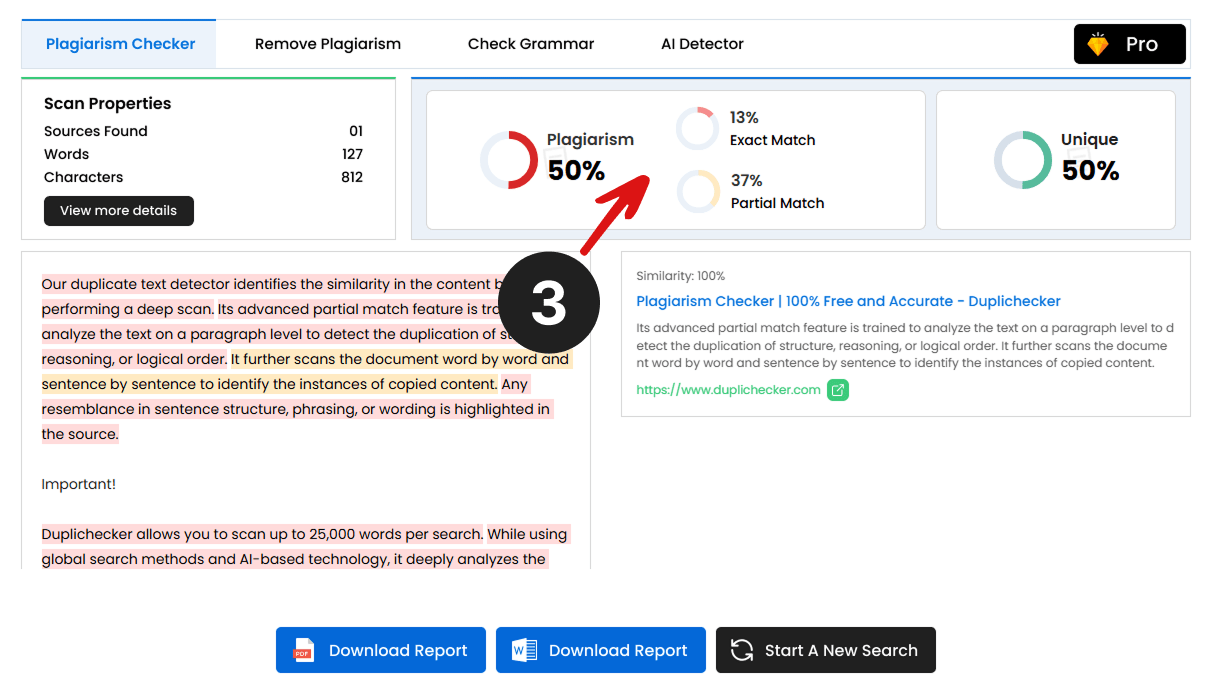
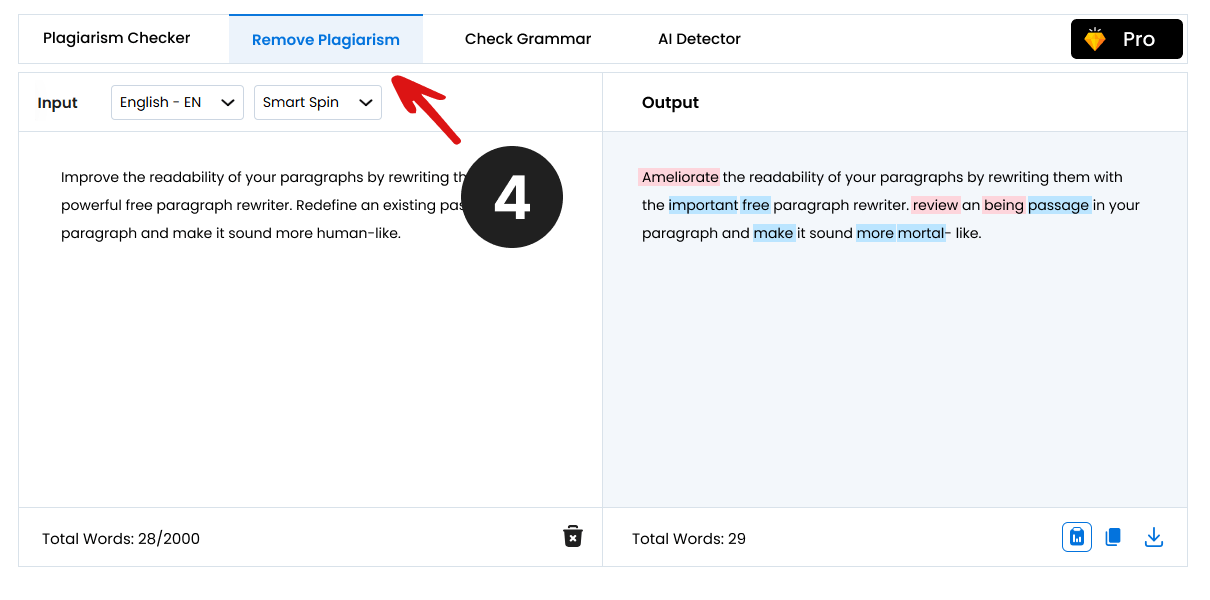
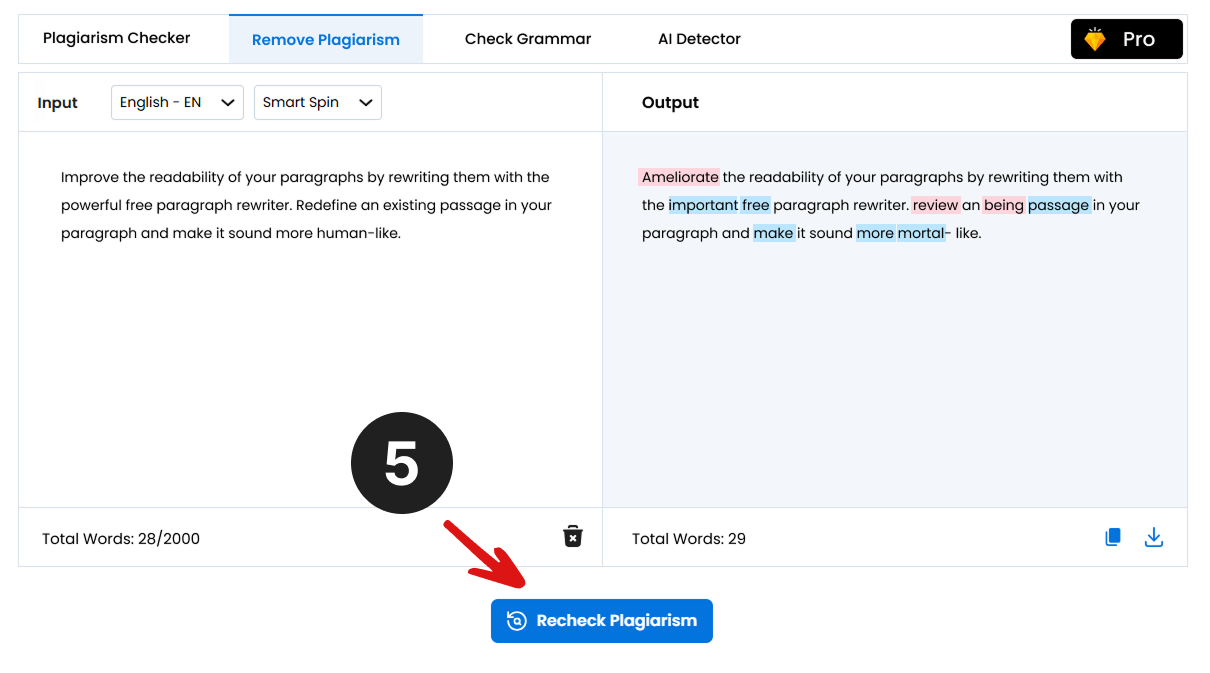
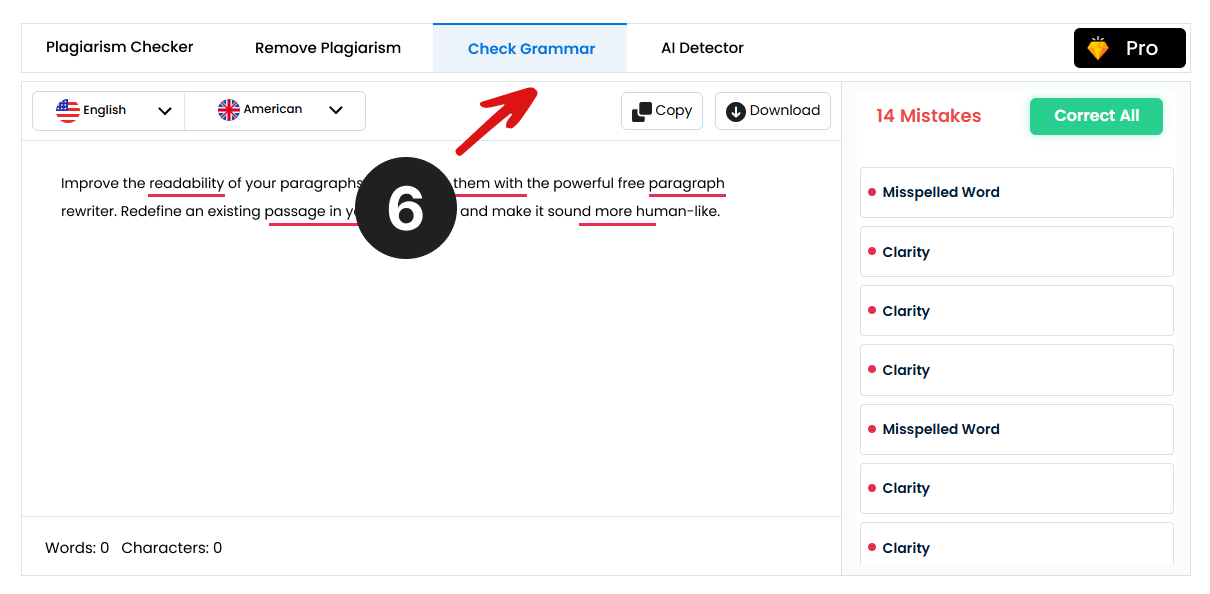
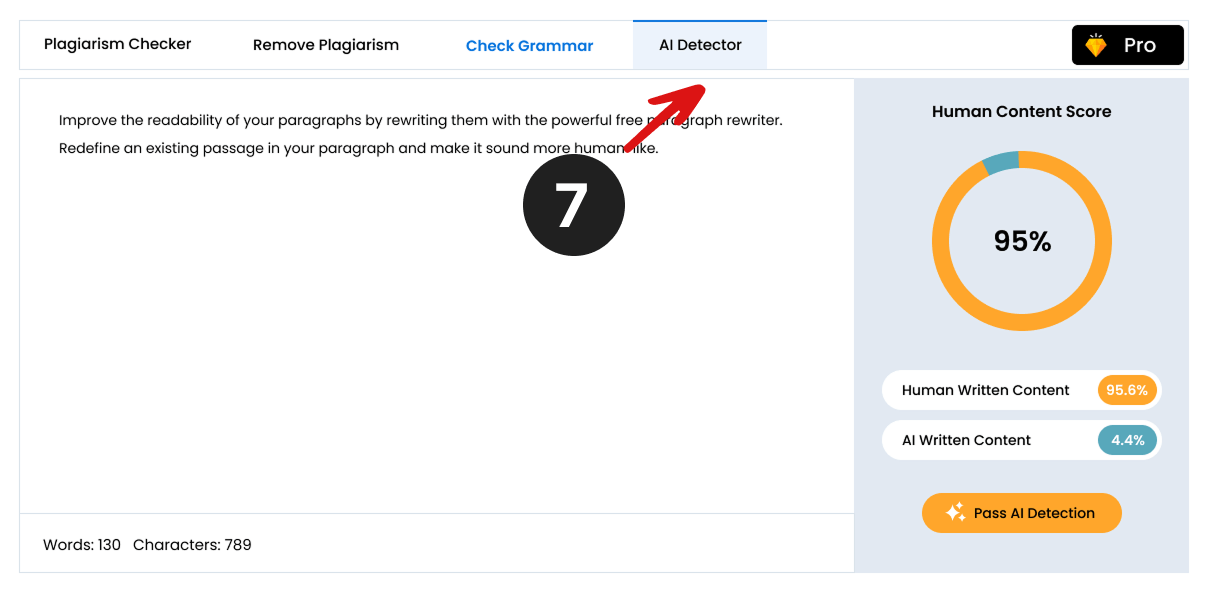

 Basic
Basic
 Students
Students
 Academics
Academics






